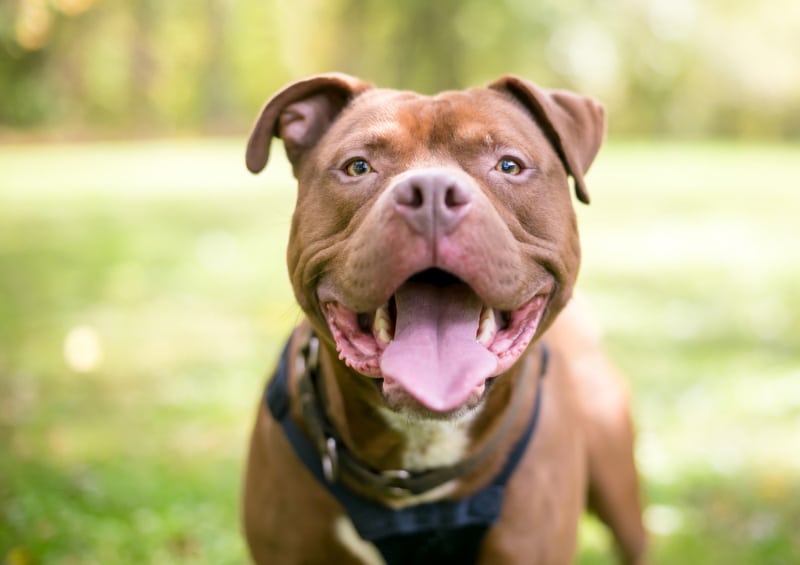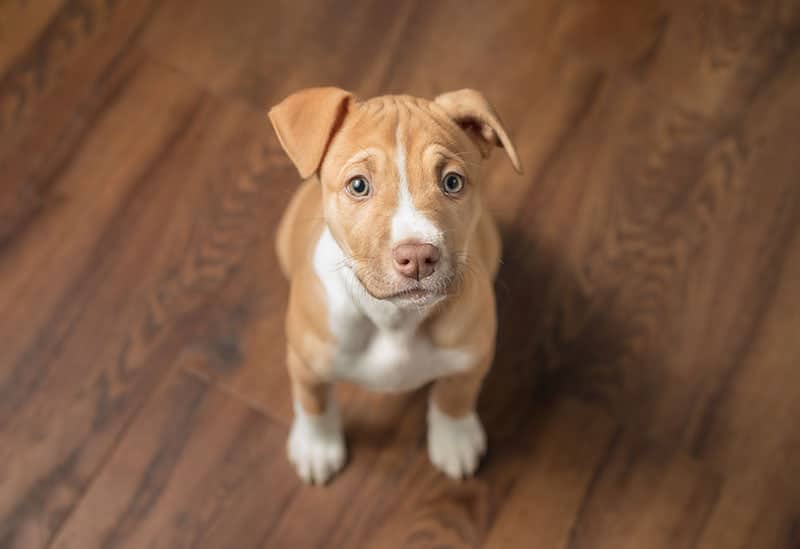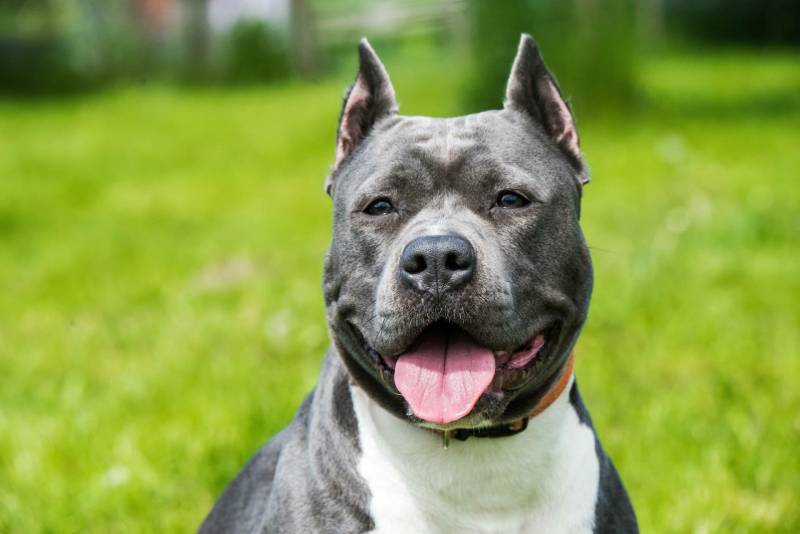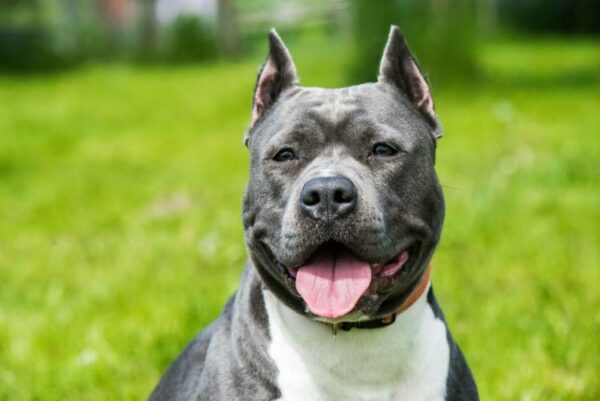Pit Bulls can make just as wonderful companions and family dogs as any other canine, but are they a good choice for first-time owners? While a Pit Bull’s enthusiasm and high energy can certainly be challenging for a first-timer, the answer to this question isn’t as simple as a “yes” or “no”. A more fitting answer would be, “It depends.”
Let’s explore this in more depth to help you decide if a Pit Bull would be the perfect canine companion for you. We’ll also endeavor to answer some of the top questions you’re sure to have as a potential Pit Bull parent.

Are Pit Bulls Good First-Time Dogs?
For some, yes, and for others, no. Some first-time owners rise to the challenge and do a great job with exuberant, high-energy dogs, while some get overwhelmed and cannot keep up with them or be the consistent leader the dog needs. When this breakdown happens, the dog can become unmanageable and destructive due to a lack of boundaries.
However, dogs are individuals and have their own personalities. Just because many Pit Bulls are high-energy doesn’t mean all will be. Some have a quieter, more chilled-out disposition. This is why it’s essential to consider the dog as an individual instead of a breed or type when deciding which one would best fit into your home and lifestyle.

Is a Pit Bull Right for Me?
To help you decide if a Pit Bull might be right for you, ask yourself the following questions:
- Am I willing to consistently train and socialize the dog to make sure they become a model canine citizen?
- Am I willing to consider obedience classes to support my home training?
- Am I willing to reach out to a professional trainer for support if I struggle with my Pit Bull’s training and socialization?
- Am I ready for the challenges that may come with owning a high-energy dog?
- Am I prepared to make sure my Pit Bull is adequately exercised daily?
- Am I prepared to provide my Pit Bull with enough mental stimulation daily to prevent boredom and, therefore, potentially destructive behavior?
- If adopting a Pit Bull, what do shelter staff say about the dog’s history and temperament?
All that said, these questions aren’t just relative to Pit Bulls: they’re the kind of questions you’d need to ask yourself before acquiring any dog. Any dog can become unmanageable if not adequately socialized and trained—from the tiniest to the biggest. However, Pit Bulls and many other medium-to-large dogs are very strong, which can make things even more challenging.

Why Do Pit Bulls Get a Bad Reputation?
Pit bulls get a bad reputation in the media, but the stuff you commonly hear, such as “Pit Bulls are inherently aggressive” or “Pit Bulls lock their jaws” are myths, stereotypes, and misconceptions.
Unfortunately, these misconceptions serve to spread fear about dogs with certain physical traits, but Pit Bull advocates argue that well-socialized and trained Pit Bulls are no more aggressive than any other breed or type of dog. In fact, an AVMA study concluded that “Controlled studies have not identified this breed group (Pit Bull-type dogs) as disproportionately dangerous”.
Advocates also assert that each Pit Bull is an individual and that how a dog behaves is a result of both genetic and environmental factors, like how a dog has been raised and the experiences they’ve had with people. This sentiment is echoed in the ASPCA’s position statement on Pit Bulls, which reads, “It is important to evaluate and treat each dog, no matter its breed, as an individual”.
The ASPCA goes on to explain that there’s a real issue with random breeding, which means that Pit Bulls are often produced irresponsibly with no thought toward which behavioral traits could be passed down by the parents. By contrast, a responsible breeder would not breed a dog with known behavioral issues.
In addition, some owners damage Pit Bulls’ image further by acquiring them because they represent a “tough” image. Sadly, these irresponsible breeders and owners have contributed to the bad name Pit Bulls—many of which are incredibly sweet and friendly dogs—get.

Final Thoughts
To recap, it’s best to view each dog as an individual and look at their personality as well as your own preparedness to rise to any potential challenges to help you decide whether you’d be a good fit for one another. This is what’s important, not the dog’s breed or type as a whole.
Featured Image Credit: Zanna Pesnina, Shutterstock










